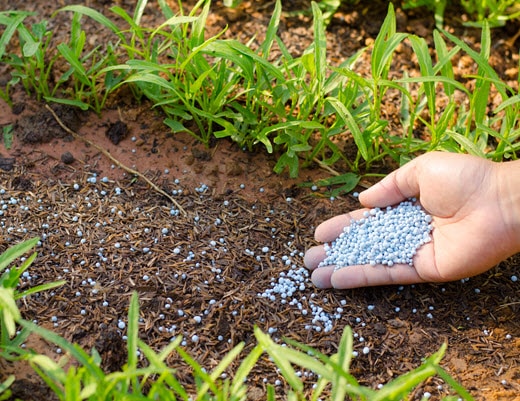According to an office memorandum released Friday by the Department of Fertilisers, the Centre has agreed to continue the existing nutrient-based subsidy (NBS) prices for the current fiscal year “until further orders.” Even though Union Minister of State for Chemicals and Fertilizers Mansukh Mandaviya has stated that corporations would not charge the higher prices “vartaman samay mein (for now),” this essentially rules out any rollback of recent price rises in non-urea fertilizers.
IFFco, the Indian Farmers Fertiliser Cooperative, lifted the gross retail price (MRP) for DAP from Rs 24,000 to Rs 38,000 per tonne on Wednesday. The country’s largest nutrient seller also raised the MRPs of its complex fertilisers with various nitrogen (N), phosphorous (P), potassium (K), and sulphur (S) combinations—from Rs 23,500 to Rs 35,500 per tonne for 10:26:26, Rs 23,700 to Rs 36,000 for 12:32:16, and Rs 18,500 to Rs 27,000 for 20:20:0:13.

With firms dramatically raising costs in recent weeks, the subsidy rates for di-ammonium phosphate (DAP), muriate of potash (MOP), and complex fertilisers have remained unchanged.
For two factors, the unprecedented price increases were unavoidable. The first is a sharp increase in international fertiliser, raw material, and intermediate costs. Since October, the landed cost of imported DAP has risen from under $400 to about $540 per tonne.
In the meantime, Iffco has explained that the latest MRPs would only apply to fertilisers transferred from its plants after April 1st. The old stocks that have already been dispatched and are lying with dealers (estimated at 11.26 lt) will be sold at the previous prices. Farmers’ only hope now is for the Centre to announce higher NBS prices for 2021-22, perhaps after the West Bengal Assembly polls.
Also, Checkout: In the case of the Kingfisher Airlines loan, the Bombay High Court granted former SBI chairman permission to fly abroad.










